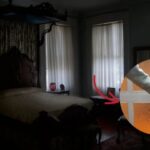Upon entering the restroom to change, Chau Bui also inspected the walls and mirrors and found nothing amiss. She began to change. However, about 30 minutes later, Chau Bui accidentally discovered a wristwatch hidden under a white towel in the corner of the restroom.
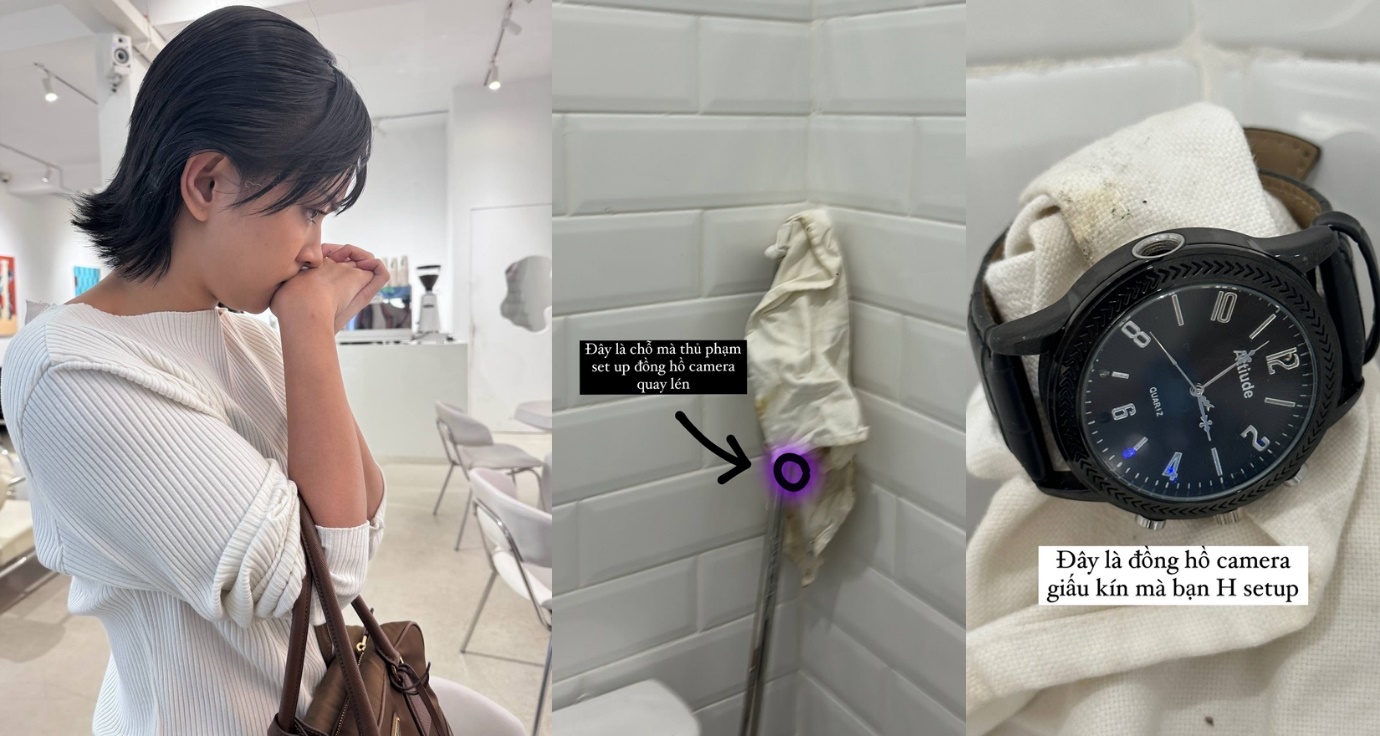
At first, she and her team members thought it had been left by a previous guest. But upon further inspection, they found that the watch was unusually warm on the back and its buttons flashed continuously. A quick online search revealed it to be a “spy camera watch.”
Chau Bui’s subsequent social media post about the incident quickly gained traction, sparking a series of comments and concerns. Some expressed outrage and worry about the increasing sophistication of hidden camera setups, emphasizing that one needs to be extra vigilant to avoid becoming a victim of such invasions of privacy.
In light of this incident, experts advise the public to be vigilant in public spaces as malicious tactics become more intricate. Hidden cameras can be discreetly placed behind objects, curtains, mirrors, and glass, making them challenging to spot.
To empower individuals, especially women, against hidden camera invasions, here are some valuable tips to protect your privacy:
Visually inspect your surroundings thoroughly.
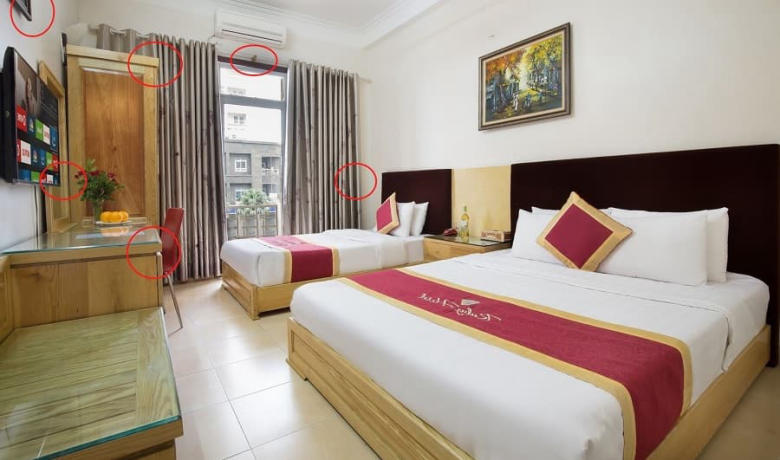
Whenever you enter a room in a hotel, motel, or use a public restroom, take a moment to carefully inspect your surroundings for any signs of surveillance cameras.
Pay close attention to areas like the TV, remote control, power outlets, under tables or chairs, doors, decorative items such as wall clocks, table lamps, flower vases, stuffed toys, and even smoke detectors or air purifiers.
Uncover hidden cameras by turning off the lights.
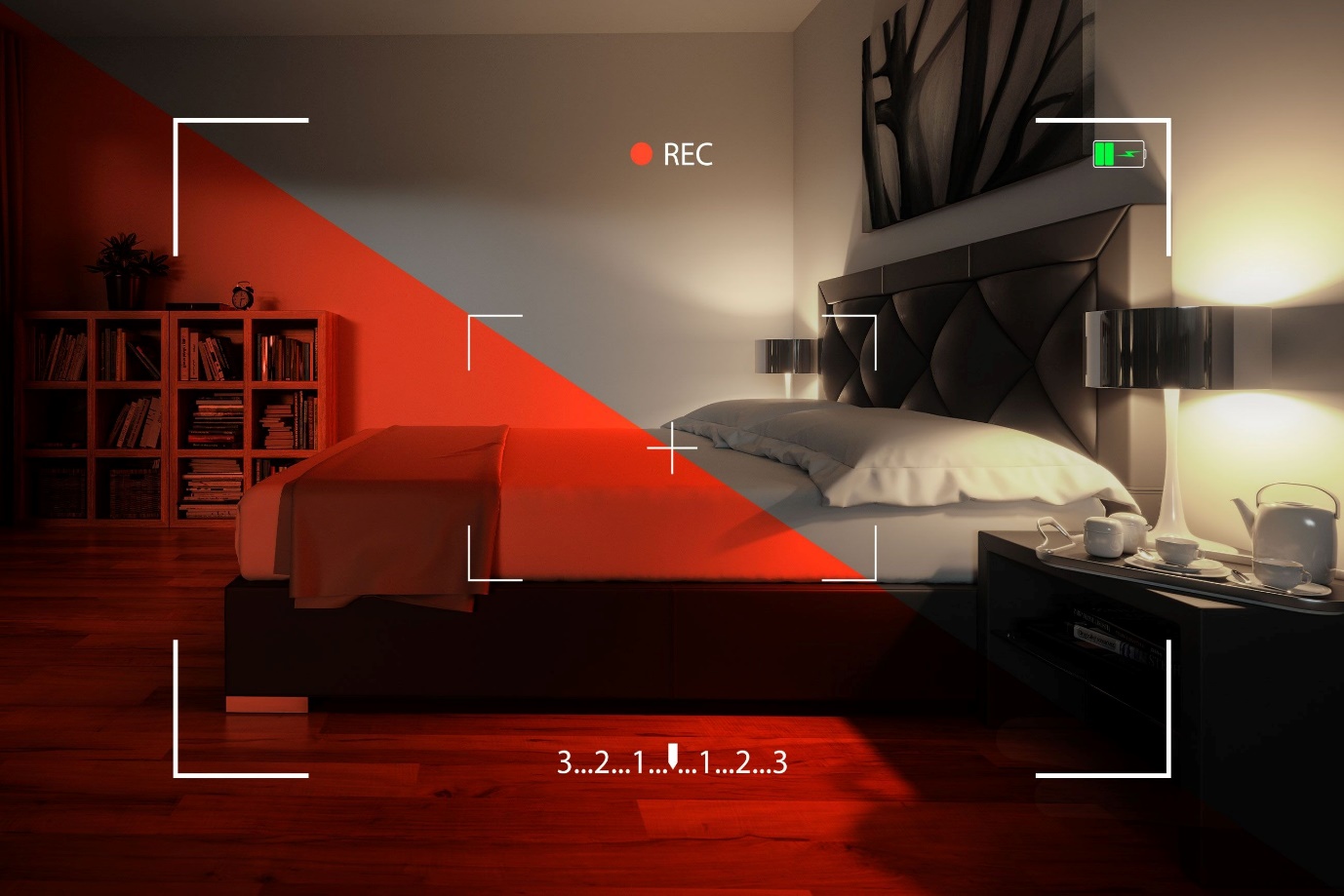
Cameras often have a blinking red, green, or LED light to enhance their recording capabilities in low-light conditions. Take advantage of this by drawing the curtains and turning off the lights. If you notice any unusual lights, investigate further to ensure your privacy.
Inspect all mirrors in the room.

Mini spy cameras can be discreetly installed behind mirrors in hotel rooms, restrooms, and other spaces. To check for this, place your finger on the mirror and observe the distance between your finger and its reflection. If there is a gap, it’s a regular mirror. However, if your finger touches the reflection, it indicates a two-way mirror, and there may be a hidden camera on the other side.
Utilize your smartphone to detect hidden cameras.
Your smartphone can be a handy tool for detecting hidden cameras. Try these four methods:
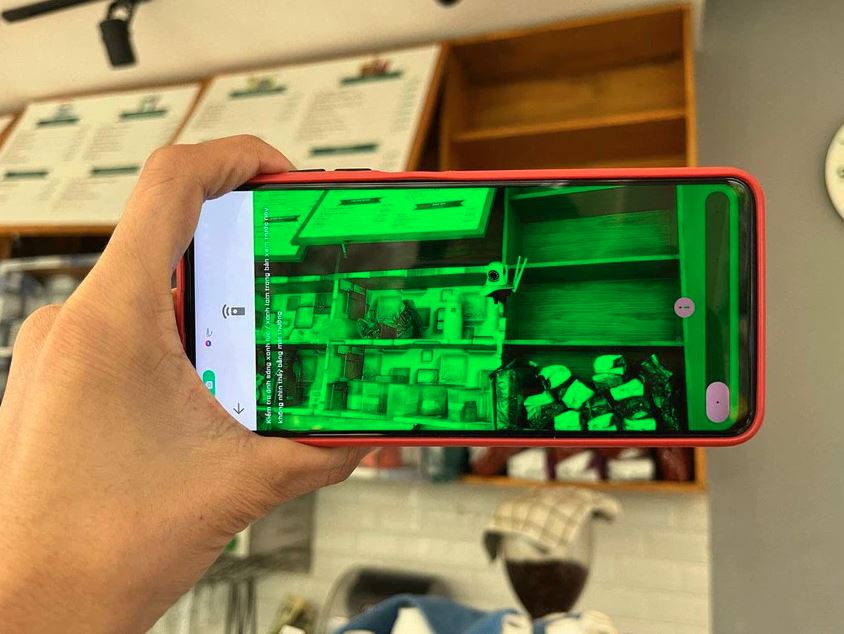
Use your phone’s flash. Turn off the lights, close the curtains, and shine your phone’s flash around the room, paying extra attention to corners, crevices, small holes, and decorative items. If you notice light reflections in unusual spots, investigate further.
Use your phone’s camera. Open your phone’s camera and scan suspicious areas. Your phone’s camera may detect infrared rays or strange lights emitted by hidden cameras.
Scan for hidden cameras using Wi-Fi.
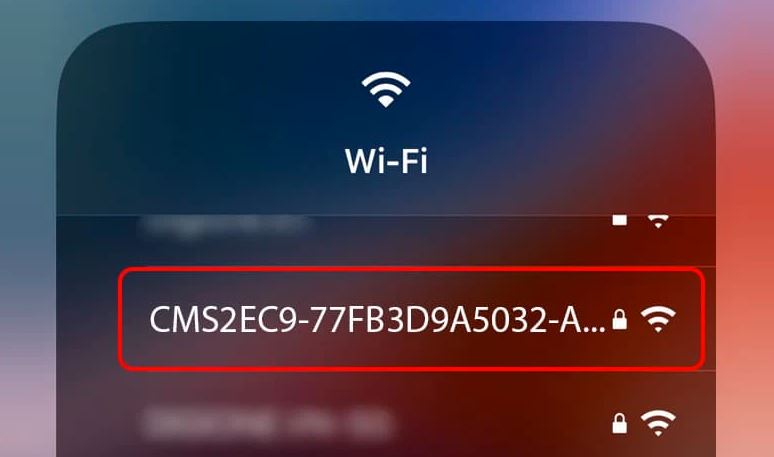
Enable Wi-Fi on your phone and look for networks with unusual names or sequences of numbers and letters. Some wireless hidden cameras use private networks with odd names. If you find one, contact the hotel or motel reception to identify the source of the Wi-Fi signal.
Use hidden camera detection apps. There are several free apps available, such as Hidden Camera Detector, Spy Camera Detector, and Glint Finder. Download one of these apps, follow the instructions, and scan for hidden cameras. These apps will also alert you to nearby devices emitting radio signals, like active microwaves.
Invest in a dedicated hidden camera detection device.
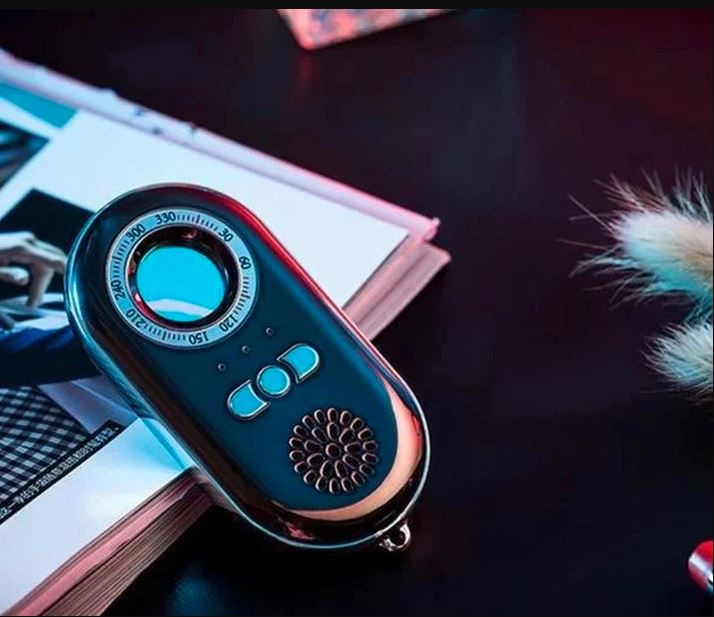
In addition to the methods mentioned above, consider investing in a portable infrared detector if you frequently travel, use public restrooms, or change clothes in gym locker rooms. These devices are designed to detect hidden cameras and are small enough to fit in your pocket. Simply turn on the device and scan your surroundings. If a hidden camera is detected, the device will alert you with a flashing light and an audible alarm.
Checking for hidden cameras in public spaces is a prudent step to ensure your comfort and privacy. The methods outlined above are simple yet effective ways to protect yourself from unwanted surveillance.
Why Did Ancestors Fear Planting Tall Trees in Front of Their Houses and Having Windows at the Back?
The ancient belief that planting tall trees in front of a house and keeping the back windows open would bring harm to the household is a fascinating one. Superstition or not, this practice has been passed down through generations, with many believing it to hold some truth. This intriguing concept sets the tone for a captivating exploration into the world of ancient traditions and their modern-day interpretations.



























